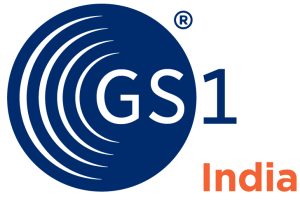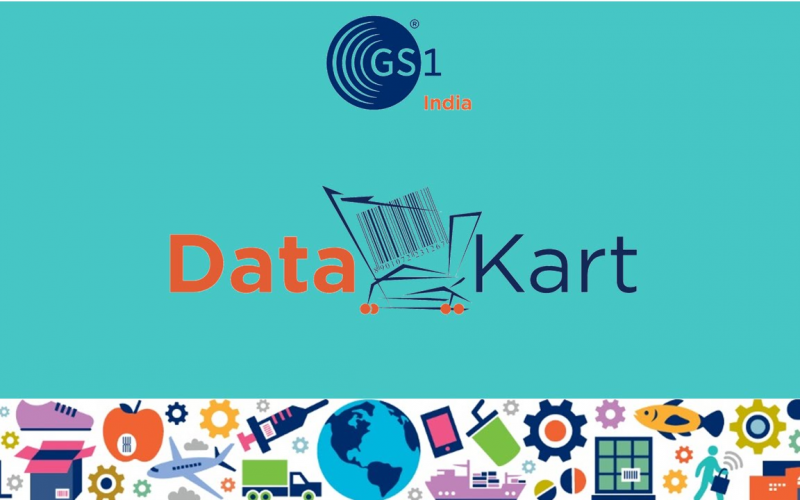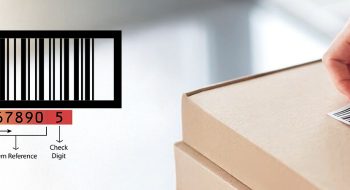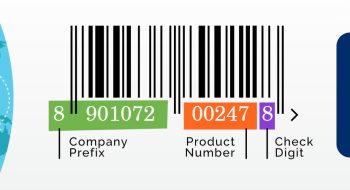What is DataKart?
DataKart is a cloud-based online service from GS1 India. GS1 India has launched DataKart service, a repository of retailed products, which has been developed based on industry needs for a single source of trusted, reliable and accurate information on products sold through retail stores and online shopping portals. It empowers users to make decisions based on the complete product information, which is mostly more than what is published on product labels.
DataKart is the national source of information on Indian retailed products with details of each attribute (ingredients, product images, MRP, net content, dimensions, etc.). It enables brand owners to capture product information in an accurate, trusted, and updated manner, besides sharing the same with retailers in a consistent, structured, and standardised manner, in real time.
Why DataKart?
DataKart helps brand owners by enabling sharing of their products’ information with multiple retailers and online marketplaces in one go, in their respective native formats. Real-time product updates received through DataKart helps retailers and online marketplaces to keep the information updated at all times. This leads to huge savings in terms of time and resources and increased sales by reducing fill rate losses.
The retail sector would greatly benefit through better fill rates, on-shelf product availability, lesser mismatches between purchase orders and supplies receipts, faster product listings, new product introductions, better visual merchandising on retail shelves and consequent higher sales. DataKart helps resolve these issues.
DataKart benefits overeview
- Product Catalogue Management: It includes 20 variables including but not limited to brand name, product category and description, net and gross weight, FSSAI License Number, MRP, product images, shelf life, and more;
- Helping Retailers and Marketplaces: Seamless sharing of product data among brand owners and retailers / online marketplaces in native formats and templates for individual retailers. This can also be configured with their ERPs upon request
- Generate and print barcode labels: Barcodes for labels can be generated and printed for products, cartons, and pallets;
- Analytics: Generates detailed analytics reports with graphs, itemised lists, mapping, and more. Some of the reports DataKart generates include which retailer has viewed their product information/acted upon it, how many of their product information change notification is viewed, by whom all, etc.
DataKart – Holistic answer to product data challenges in retailing
DataKart would facilitate seamless mapping of harmonised system code of any product. Receiving product information through DataKart has enabled retailers to remove the dependency on third-party crowd sourced information. It helps them gain access to all the information on their products at a centralised location. Retailers and online marketplaces using DataKart have also observed benefits of reduced time and enhanced efficiency in managing master data updates and listing new product introductions.









